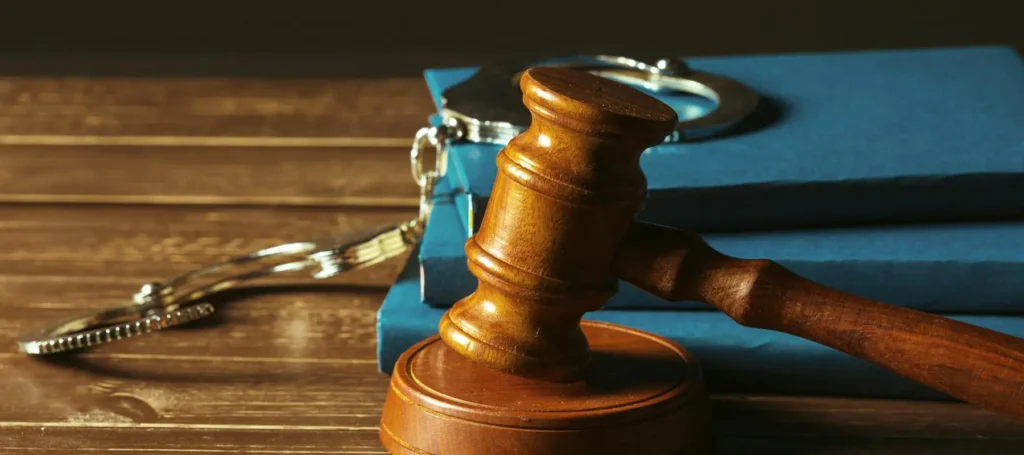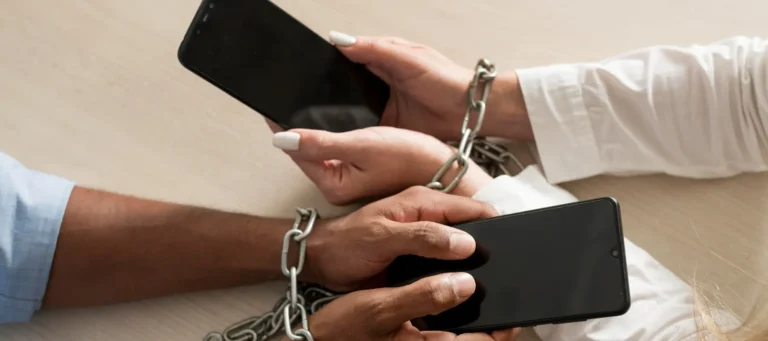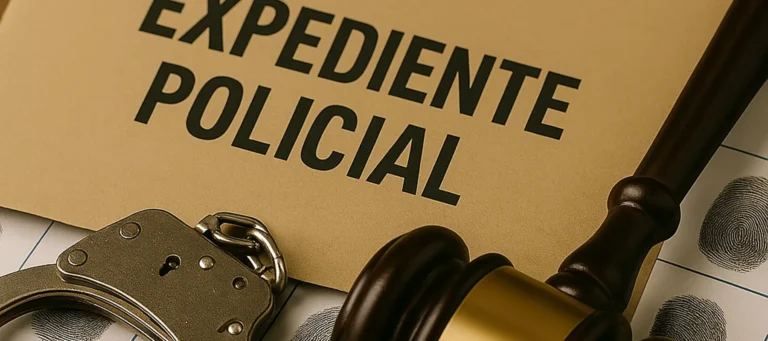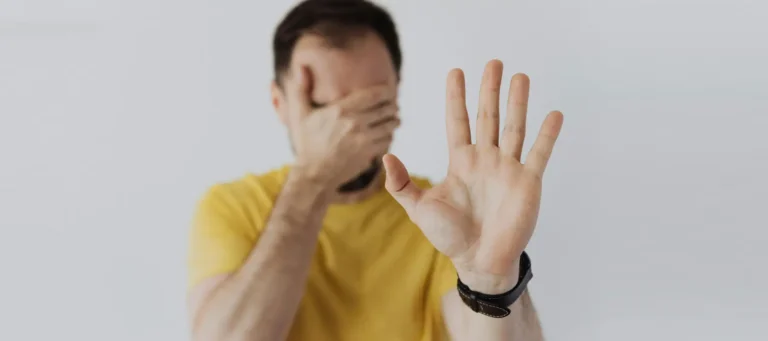If you’ve been arrested or summoned to court for a minor offense, you might be subject to a criminal fast-track trial. While it sounds like a good thing (“fast sounds efficient, right?”), this process can actually leave you with a criminal record in a matter of hours—unless you know how to handle it.
At Legal Allies, we’ve defended many people who, due to lack of information, accepted guilty pleas with serious consequences without truly understanding what they were signing. Here we explain clearly what a criminal fast-track trial is, when it applies, and how to protect yourself if you’re involved in one.
What Is a Criminal Fast-Track Trial?
A criminal fast-track trial is a special procedure in the Spanish justice system designed to streamline cases with clear evidence and straightforward offenses.
It was introduced to prevent minor crimes from overwhelming the courts and is regulated under the Spanish Criminal Procedure Law (Articles 795 and following).
Think of it as the “express lane” of justice. The goal is to have you in front of a judge—and possibly sentenced—within 24 to 72 hours if you’re not careful.
When Does a Criminal Fast-Track Trial Apply?
This procedure only applies if certain conditions are met:
The offense must be “flagrant” or clearly evident
Examples:
- Caught shoplifting.
- Involved in a fight and arrested on the spot.
- Driving under the influence with a positive test result.
The offense must carry a sentence of no more than 5 years in prison
Common offenses include:
- Theft.
- Minor assault.
- Driving without a license or while intoxicated.
- Certain cases of domestic violence.
- Threats.
It does not apply to serious crimes like homicide or sexual assault.
The process starts with an arrest or urgent court summons
Police will either take you directly to the duty court or give you a citation to appear within 72 hours.
What Happens During a Fast-Track Trial?
This procedure unfolds very quickly, in several stages:
- Arrest or police summons.
- Reading of your rights and access to a lawyer.
- Statement before the duty judge.
If you acknowledge the facts, the prosecutor may offer a reduced sentence in exchange for a guilty plea.
If you disagree, the case moves to an ordinary trial (longer and with a formal hearing).
What Does “Plea Bargaining” Mean in a Fast-Track Trial?
Plea bargaining here means accepting the prosecutor’s charges, acknowledging the offense, and receiving a reduced sentence (typically about one-third off).
Example: The prosecutor proposes 9 months in prison. If you accept, it gets reduced to 6 months.
Warning: Accepting this means you’re convicted—with a criminal record—even if you don’t serve time (because of suspension or fines).
Never agree to a plea deal without legal advice.
Is It Advisable to Accept a Plea Bargain?
It depends on the case. At Legal Allies, we evaluate:
- Is there solid evidence?
- Will your immigration status be affected by a criminal record?
- Could it impact your job, residency, or citizenship application?
- Is there a chance of acquittal in a full trial?
Sometimes accepting is strategic. In other cases, a strong defense can lead to acquittal or a better deal at trial.
What If You Don’t Accept the Deal?
If you reject the plea, the process continues as an ordinary criminal trial, with:
- More detailed investigation.
- Opportunity to present evidence.
- A full trial with witnesses and defense arguments.
This route is slower but may be fairer if there are doubts, conflicting versions, or weak evidence.
What Are Your Rights in a Fast-Track Trial?
- Right to a lawyer (appointed or of your choice).
- Right to an interpreter if you don’t speak Spanish.
- Right to remain silent.
- Right to review your case file before giving a statement.
- Right not to testify against yourself.
At Legal Allies, before you make any statement or accept a plea, we go over everything with you and explain the legal consequences—especially if you’re a foreign national or have other pending cases.
Real Cases We’ve Handled
- Nicolás, a Chilean citizen, was summoned for driving without a license. He was offered a plea deal with a €1,800 fine. We rejected it, proved he held a valid foreign license, and got the case dismissed.
- Samira, from Morocco, was accused of shoplifting. The prosecution requested an 8-month sentence. Accepting the plea would have jeopardized her residency renewal. We defended her, obtained an acquittal, and she is now regularizing her legal status.
A criminal fast-track trial may seem like an efficient solution, but it’s a double-edged sword: if you don’t fully understand what you’re accepting, you could end up with a criminal record before you even know it.
If you’ve been summoned to a fast-track trial, don’t make hasty decisions. At Legal Allies, we advise you from the start, review your case, negotiate when necessary, and fight for the best possible outcome.
Because in fast-track trials… what you do in minutes can affect you for years.





